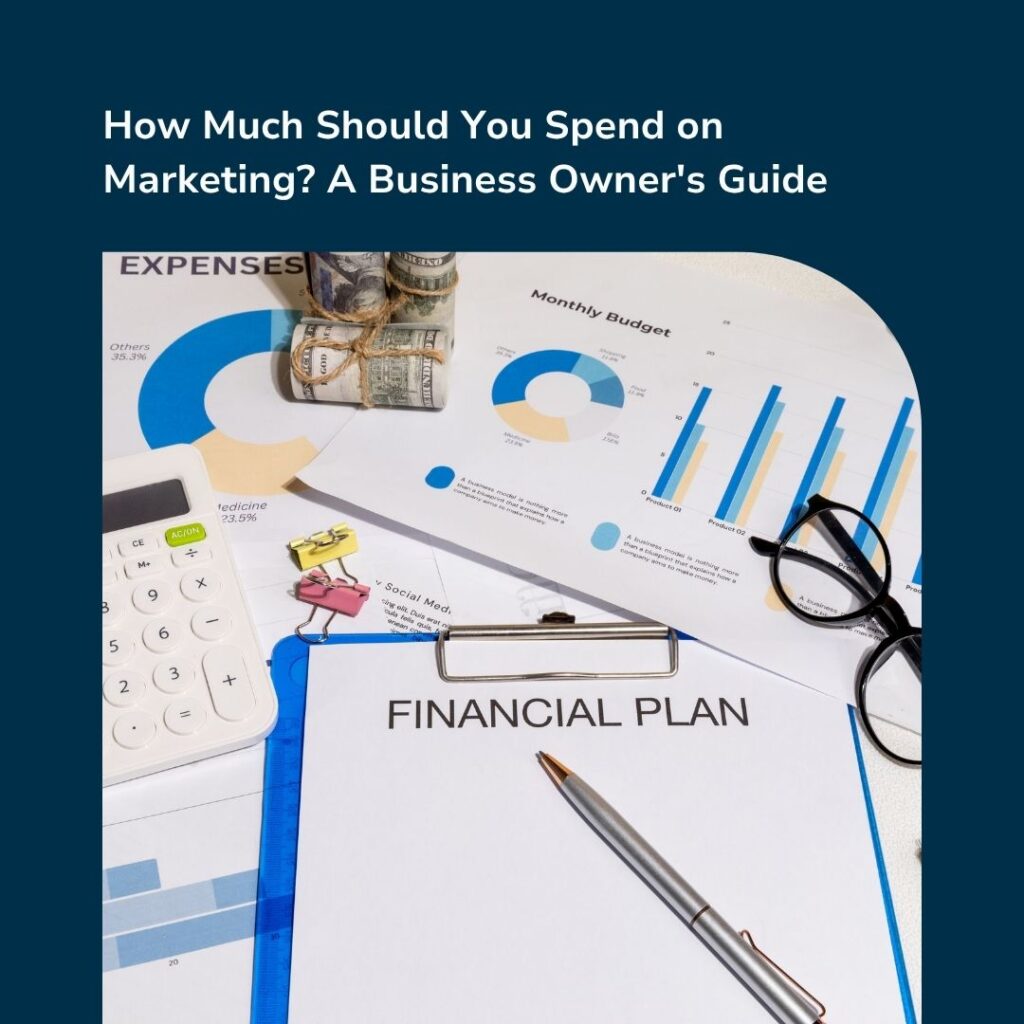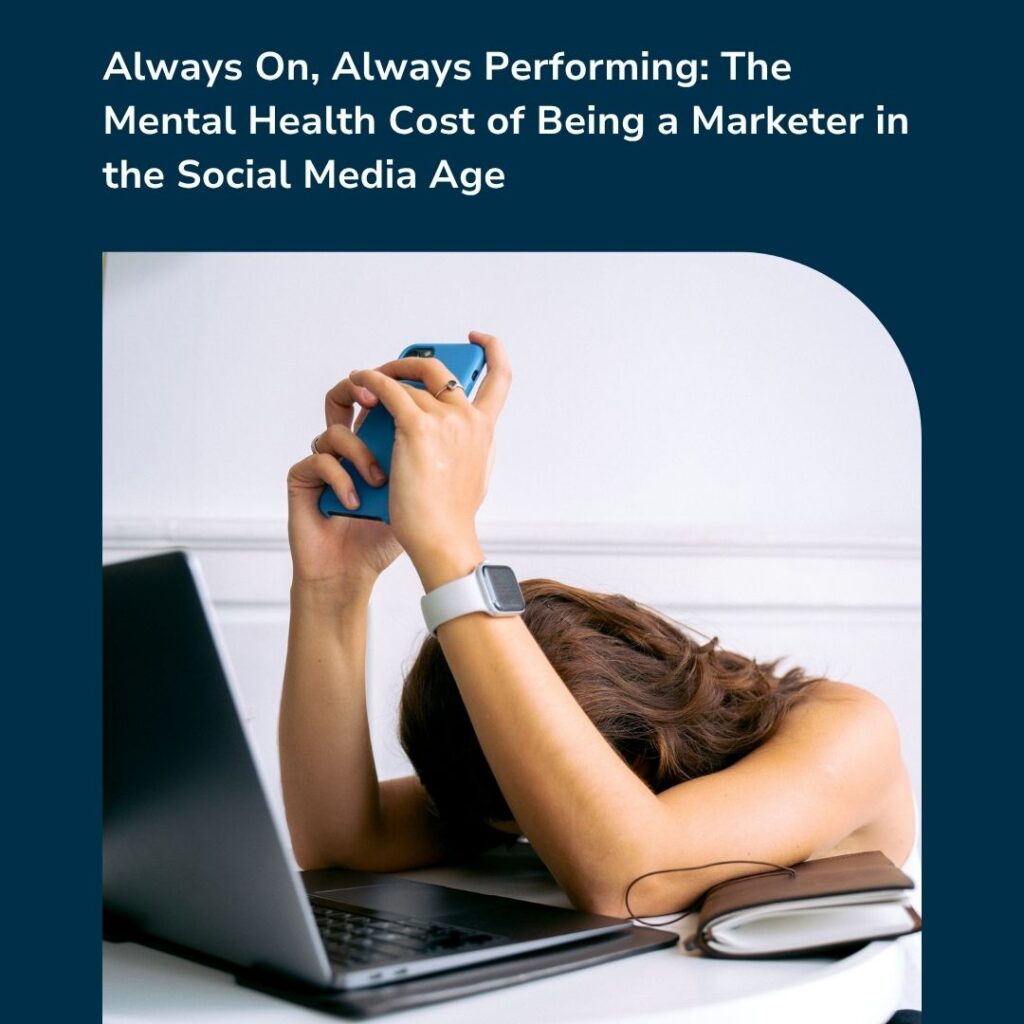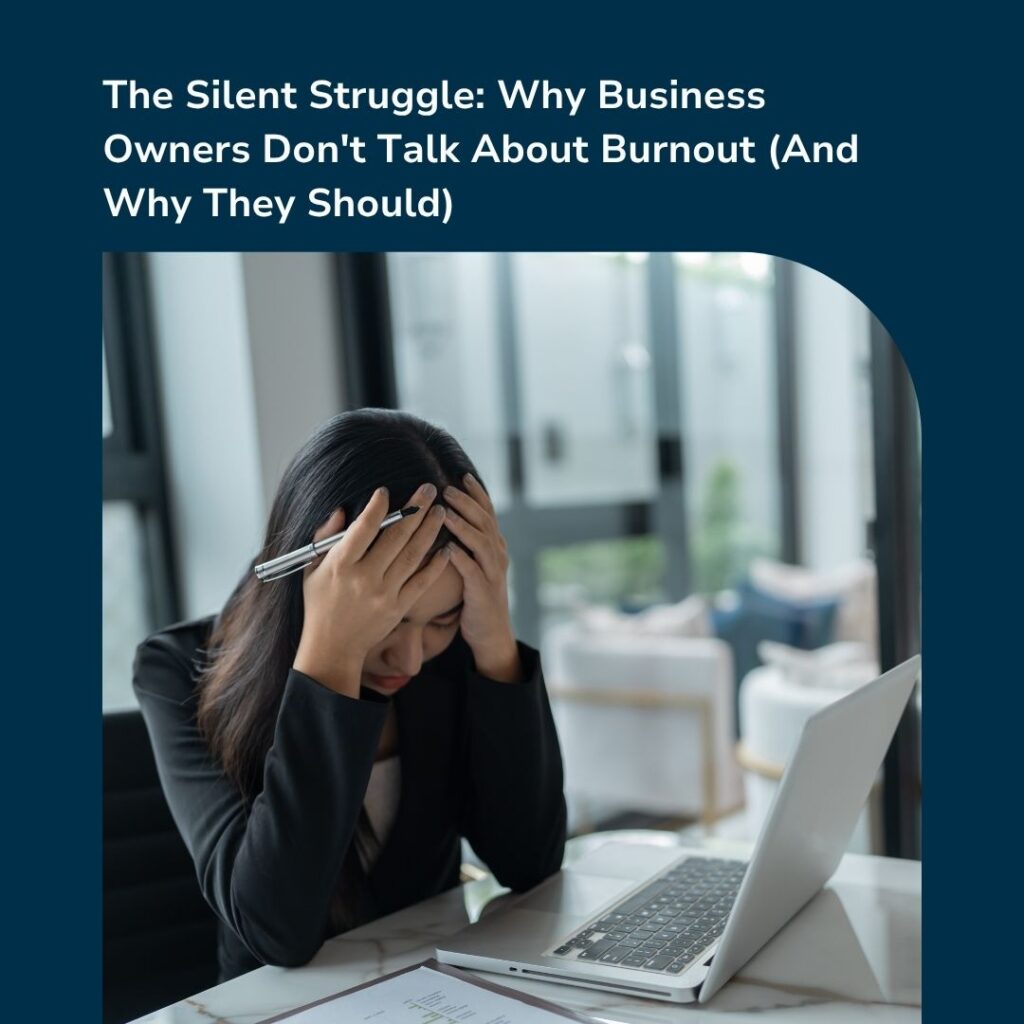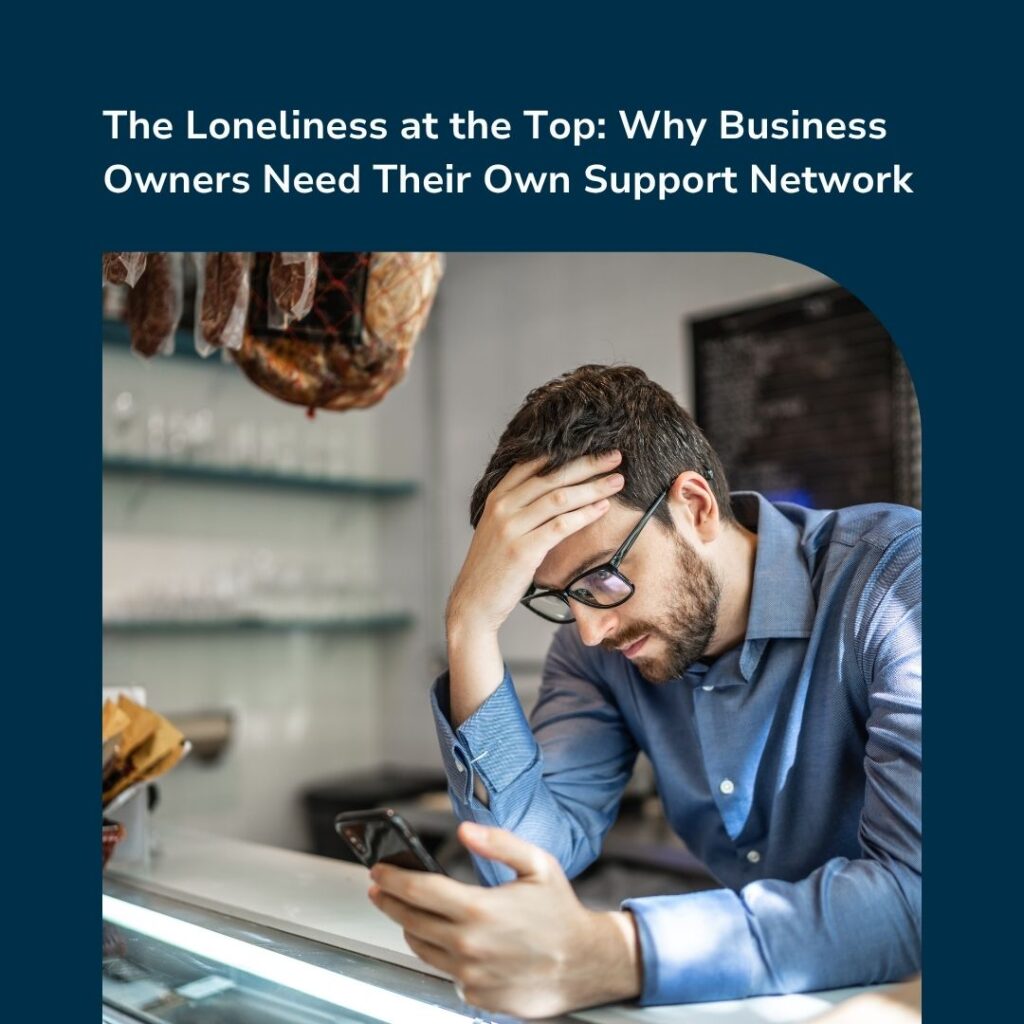Tags – The Impact of Covid-19 on the Economy
This blog was written by Kevin George of PowerPlanner Solutions
“We’re back to normal!”; so the masses exclaim with joy. After over a year of the state-mandated surrender of liberties, the public are now eagerly anticipating a return to “normality”. The vaccination programme seems to have given confidence to the majority that we’re no longer at risk – and so far at least, the government has reinforced the belief that all restrictions will soon be fully lifted, notwithstanding the recent postponement announced by Number 10. But, if by “normal” you think life and society will be as they were at the end of 2019, think hard and think again.
The Early Days of Covid
Make no mistake: early on in 2020, uncertainty was such that nearly all areas of the economy took a blow. This is understandable, given what little was widely known at the time about Covid and its full potential. For the ordinary folk, it’s been a trying time: many have wallowed in the despair brought about by loss of employment and social interaction. While some have taken the chance to set off on the road to self-improvement, dedicating their newly-found spare time to study and health, the greater public have been severely affected by the lockdowns in all their totality.
Impact on the Financial Markets
Whereas the real economy, i.e. the lives and decisions of everyday people, has been pummelled by the blow of government lockdowns, the financial markets have been floating like a butterfly. A glance at the S&P 500 and FTSE 100 shows the former at an all-time high and the latter having recovered much of its loss since March 2020. While the ordinary business owner mourned the loss of his livelihood, house and real estate prices reached the sky.
The Disarray of Government Schemes
With only a few “essential” businesses allowed to remain open, real economic activity ground to a halt for much of 2020. To contain some of the possible uproar from the masses, the elite partnership of government and central bank didn’t hesitate in extending their apparently benevolent hands: in the goodie bag were the furlough scheme, bounce-back loans, “Eat Out to Help Out” and a raft of other freebies designed to prevent complete anarchy. Money for nothing, ostensibly, but more likely, the only effective way to stop the social fabric from tearing at the seams. After all, as lockdowns suspended the circuses, so the bread basket became more crucial to our rulers’ legitimacy.
To pay for all of these goodies, the elite partnership did as they have tended for years now: add a few more zeroes to the money supply. “Inflation ahoy!” came the howls of execution as the Bank of England set the money printing vessel to full sail, then followed by its cousin, the US Federal Reserve (though bigger and bolder, in typical American fashion). Although general inflation appeared elusive at first, we’re now starting to see notable jumps in the CPI and other indices.
The Unseen Impact of Inflation
Inflation depends not merely on the amount of money in the system, but the velocity of that money. Despite reams of new money created, lockdowns gave people no outlet to depart with their handouts. With freedom restrictions gradually being lifted, the public is starting to engage more, departing more eagerly with its pounds and pennies – gifted rather than earned.
Contrary to the superficial analysis peddled by many mainstream economists, inflation did occur, just under the bonnet. The commodities markets show copper and lumber among the highest to soar over the past 12 months, whilst silver is over 50% up from this time last year. Considering that the global supply chain was forced to adjust downwards to reflect artificially reduced demand, a surge in demand owing to lockdown easing will probably push the price of higher-order goods like copper and timber to even higher highs. This must eventually translate into more expensive consumer goods, as we now realise.
All of this is very good news for the City, who, largely unwavering at the thought of a grocery bill doubling or tripling, can continue to capitalise on cheap and easy money to speculate on both commodity and asset prices amidst the rough seas ahead. For the public, however, the chances are many will run aground, tossed about by the relentless waves of inflation gathering on the horizon, yet without government handouts to steer clear. Owning a property may offer a light ashore of sorts, especially if purchased many moons ago.
And so, questions remain: has the chasm between the City and the rest of the country ever been so wide? And what does the new emerging two-tier society mean for everyday folk? Moreover, what will it mean for you?
You may also like:
- The Rise of Cooperatives in the Digital Economy
- Learning from the Economic Growth of Coventry and Nottingham
- The Rising Use of Social Media as a Political Tool in 2020
- Talking about Money – a Digital Marketing Challenge
- The Rise of Personal Searches – Google Getting Personal?
- You “Must Have” a Social Media Presence – Learning from a Doctor’s Story
- Growing Sentiment Against Technology – The Solution
- Data Ethics – A Case for the Future of Work and Business
- Fear Appeals Advertising – How To Realise & Adapt to Human Behaviours?









